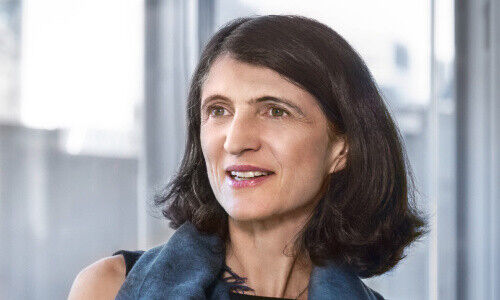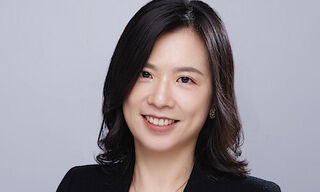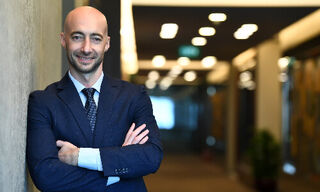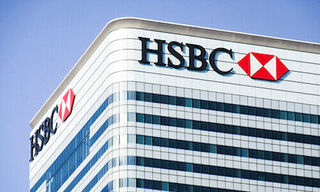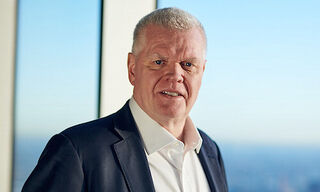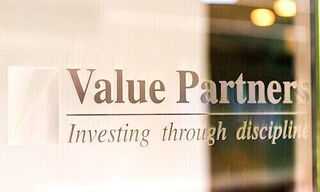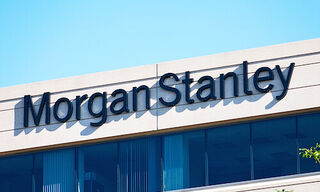After breaking off the deal with US robo-advisor Wealthfront, UBS will take a different approach to attract its next generation of wealth management clients.
Now that the $1.4 billion deal between UBS and US online wealth manager Wealthfront was terminated earlier this month, Switzerland's largest bank is to take an «organic» approach in bringing the next generation of wealth management clients into the UBS fold.
«We are back to our organic plans,» UBS Group chief financial officer (CFO) Sarah M. Youngwood told an audience at the Barclays Global Financial Services Conference, according to a report on the «advisorhub» portal.
HENRYs
Instead, UBS is will work on creating proprietary wealth management tools, offering advice from the chief investment office to go after clients in a market with $6 to $8 trillion in assets known as HENRYs. «What we think we want to do there is address HENRYs, High Earners Not Reached Yet,» Youngwood said, according to the report.
Even without Wealthfront, which has about $27 billion in assets and 470,000 clients, UBS is not without its own robo-advisory product and can offer clients its UBS Advice Advantage which is aimed at clients starting at $10,000. Advice Advantage is supported by SigFig Wealth Management, in which UBS invested in 2016.
Still Invested in Wealthfront
On September 2, UBS announced a $70 million investment in Wealthfront, and given that could still find other avenues of partnering together.
«Wealthfront is a great company, and we’re delighted to be making this investment in them and to continue to explore a relationship with them,» Youngwood said, according to the report.
Gift To Shareholders
Yesterday, UBS announced it will increase its dividend by 10 percent to $0.55 on ordinary dividends from $0.51 for 2022, with the board intending to propose the dividend for approval at the annual general meeting in 2023, according to a statement.
In addition, UBS expects share repurchases to exceed its $5 billion goal for 2022, and as of 9 September 2022, the bank has bought back $4.1 billion of shares.

